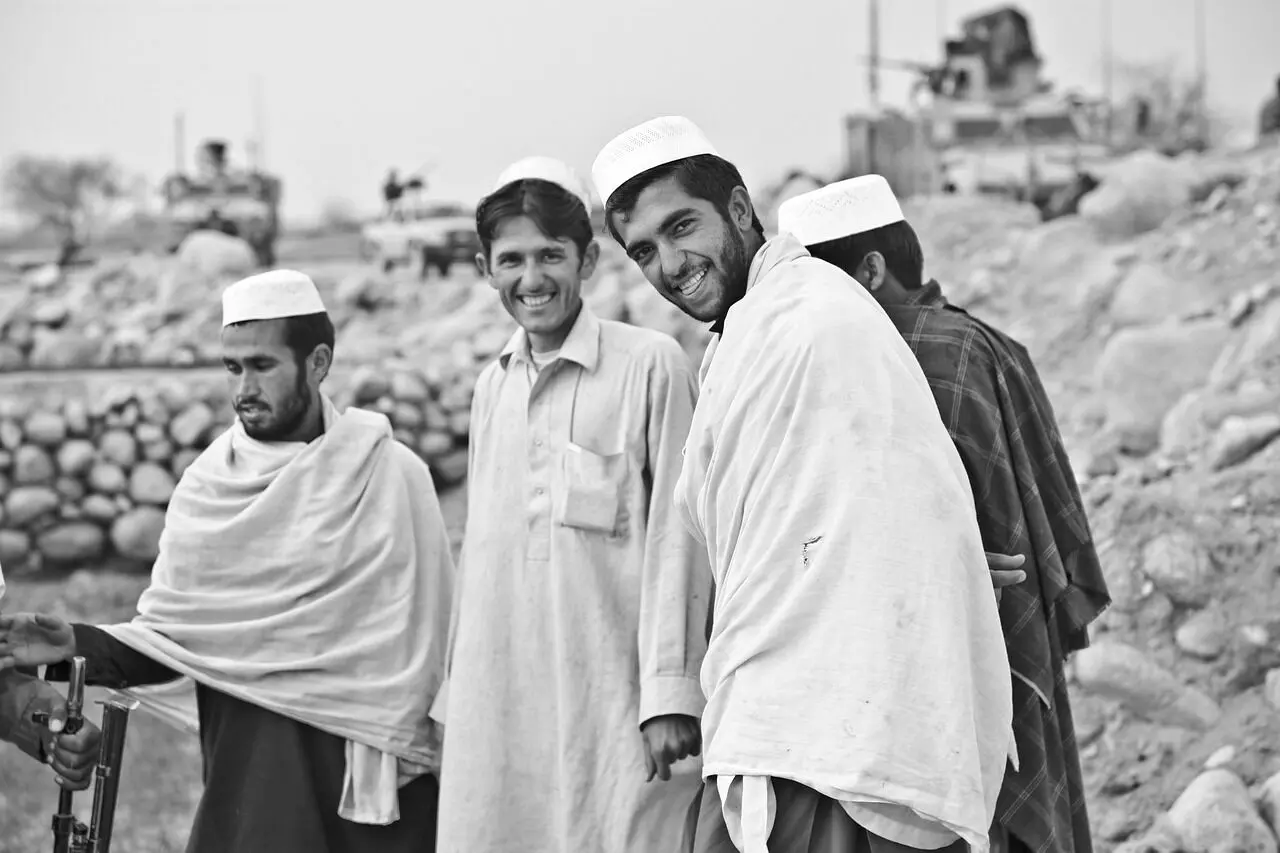Crippling seclusion
Under the influence of uneducated, ill-motivated religious preachers, Muslims in India appear to have kept themselves aloof from progressive thoughts and people of other faiths

Often, I do wonder and ponder over the thought that what my reactions to various socio-political-cultural issues bothering the Muslim community would be, had I been born a Muslim in my own country. Having read the holy book of the Quran in English and my mother tongue, Bengali, I understand well the twists and wrong turns given by the mullahs in interpreting its meaning, often with abject nonsense. There are very few well-read Maulanas/mullahs (Muslim preachers) in the country, and barring a handful who are actually Islamic scholars, the majority lack a basic understanding of the holy Qur'an itself. Thus, archaic, medieval, unscientific, and illogical interpretations keep the Muslim community at large at arm's length from the rest of the country. This situation is bound to deteriorate if corrective actions are not taken by community leaders from all walks of life—educationists, scholars, professionals, and so on.
The maximum damage to the faith of Islam is practically done by such wrong interpretations by uneducated, ill-motivated mullahs, which push the community backwards and foster ultra-radicals among the youth. Children studying in most madrasas in India are not imparted progressive and inclusive education, with some exceptions. Due to receiving ill-motivated and faulty reasoning from a tender age, many children from the community remain unprogressive. As a result, a majority of the Muslim population in India has become isolated in their own ghettos, aloof from the majority Hindus, thereby widening the gap between the two communities. Of course, there are exceptions to this, and in rural India, the bonhomie between both communities remains good and intact.
However, in urban India, and as a relatively recent phenomenon, one finds self-imposed political isolation of Indian Muslims. To a large extent, the majority of Muslims are either unable or unwilling to challenge their current politico-religious leadership. Another factor is that Muslims seem more interested in their religious rights than in following a secular path or politics for that matter. To quote renowned Islamic scholar A Faizur Rahman, who is also the Secretary General of the Islamic Forum of Moderate Thoughts: "Muslims' future in India depends not only on the democratic defeat of Islamophobic forces but also on the intellectual vanquishment of Muslim preachers or religious leaders," who play politics, and Muslim politicians who dabble in religion to maintain control over the community.
The intelligentsia from the Muslim community should not shy away from expressing themselves freely, condemning radicalisation, and asking people not to meekly and blindly accept the mullahs' extremist interpretation of Islam, which is wrong and grossly misleading. The Crown Prince of Saudi Arabia, Mohammad Bin Salman (popularly known as MBS), along with his right-hand man Dr. Al Esha, Secretary General of the Muslim World League (MWL), is trying hard to follow a moderate path, shunning the hardcore radical stance adopted earlier, just to avoid the clash of civilisations as predicted long ago by Nostradamus.
There are some external influences that also sour the issue. Recent remarks by Iran's religious leader Ali Khamenei, claiming that Muslims are oppressed in India and equating India with Myanmar and Israel in this regard (though he remains silent on the conditions of Muslims in China!), are very unfortunate, ill-timed, and utterly careless. Such unilateral, authoritative, and blatantly wrong statements don't help or serve any purpose for Muslims in India, except to polarise and divide society. The political and bureaucratic functionaries of Iran are unable to openly oppose such irresponsible statements but whisper the opposite to their counterparts abroad.
Both India and Iran are old civilisations and share many commonalities. The Sufi tradition in Iran and the Bhakti movement in India, bearing similar themes and objectives, began at the same time, nearly 450-500 years ago. Rabindranath Tagore knew Persian and used several Persian words that are now part of the Bengali language.
Recently, a couple of Muslim intellectuals presented a slightly slanted view regarding the plight of Muslims in India, with an incorrect and politically motivated outlook on the future of Muslims in the country, especially regarding political inclusion in mainstream politics. As mentioned earlier, Muslims tend to take more interest in religious activities rather than political ones.
Why can't Muslims align with the largest political party in the country, which is also the largest political party in the world, and actively involve themselves in the political system to avoid remaining isolated? Abdul Kalam Azad in 1948 advised that even if there is a single Muslim individual or group who thinks that Muslims should have a separate political party, it would be better for them to leave this country and go to Pakistan or elsewhere. Political isolation of Muslims in India is, to a large extent, self-imposed, and it is important that they come out of it as soon as possible.
The writer is a senior Air Force Officer with long experience in Govt of Delhi as the State Commissioner for Persons with Disabilities (Jan 2021-Jan 2024), OSD to LG Delhi (2007-2013), Addl DG Prasar Bharati and several other key positions in the Govt of India. Views expressed are personal



